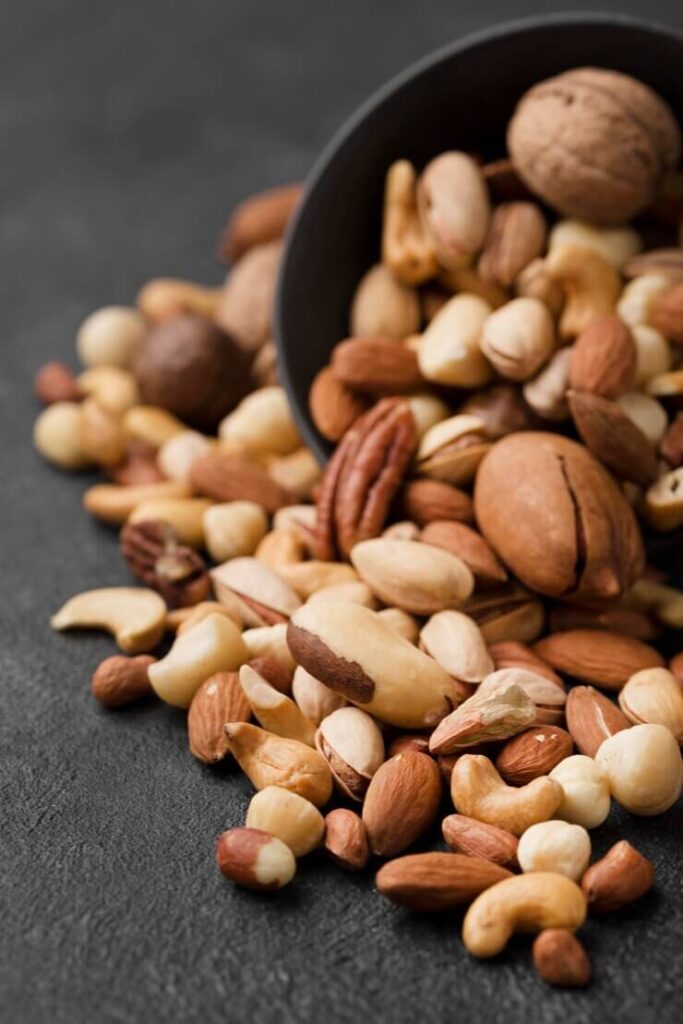Skip The Waiting Room!
Register Online Before You Arrive.
We have up to date schedules, contact information, & let you book appointments online.
What is Insulin Resistance?
All of you must have heard from people around you that I’m suffering from insulin resistance or I’m a diabetic patient. But what exactly is Insulin Resistivity or Diabetes? The word Resistance indicates that the body is not responding the way it should be. It is a health complication in which your body cannot respond to insulin.
Understanding the Physiological Mechanism
In the case of insulin resistance, glucose-storing cells (fat, liver, and muscle) do not respond typically to insulin. These cells become unable to process or store glucose. Blood glucose levels increase abruptly, prompting the pancreas to release more insulin to compensate. This mechanism leads to the overproduction of insulin, known as ‘hyperinsulinemia.’ In a healthy body, the pancreas can manage this situation and maintain normal glucose levels, but the condition worsens when cells develop resistance to insulin, leading to type 2 diabetes.
Treatment Plan: How to Cure
You can treat diabetes using either management strategies or medical interventions. Some of these include:
-
Dietary management
-
Weight loss surgery
-
Regular exercise
-
Low carbohydrate or fat intake means a low-calorie diet
-
Enhance fibre intake
-
Counseling for moral support
-
Avoiding highly processed food
-
Medicines to regulate blood glucose levels
-
Insulin pumps
-
Blood pressure regulating drugs to prevent cardiovascular disorders
-
Islet cell transplant
For seeking and understanding the reasons behind the best treatment in Islamabad by Dr. Waseem read till the end.
Insulin Resistance Symptoms
-
Polyuria (frequent urination)
-
Headache
-
Fuzzy vision
-
Polydipsia (increased thirst)
-
Skin or vaginal irritation and infection
-
Hyperphagia (increased appetite)
-
Delayed healing process
-
Cutaneous papilloma (skin outgrowth)
-
Acanthosis nigrain, i.e., darkening of armpit and neck
-
Diabetic retinopathy (retinal changes)
In case one is having these signs, do visit your nearby healthcare unit.
What Causes Insulin Resistance?
Risk factors may include high blood pressure, obesity, triglycerides, or significant depression syndromes. Scientists have also identified several genes involved in the development of this metabolic disease. These genes enable the body to develop resistance to insulin. Older age groups are more susceptible to insulin resistance. Some causes are detailed as follows:
Obesity
Physical inactivity
Lack of physical activity can lead to prediabetes. As previously mentioned, obesity or excessive belly fat is a primary cause. A healthy routine of regular exercise improves the body’s metabolic function, thereby maintaining blood glucose levels within the normal range.
Medical issues
The following health conditions may lead to diabetes;
-
Fatty liver disease
-
Polycystic ovary syndrome
-
Smoking
-
Cushing’s syndrome
-
Family history
-
Apnea (sleeping disorders)
-
Acromegaly
Medications
-
Steroids
-
Psychiatric
-
Blood pressure regulators
-
HIV treatment medicines
Diet:
A diet high in carbohydrates and saturated fats can be easily digested and causes elevated blood glucose levels. The pancreas has to overwork to reduce glucose levels. Consequently, the pancreas becomes stressed, leading to insulin resistance.
Diagnosis:
-
Family history
-
Medical record
-
Signs and symptoms
-
Physical examination
Glucose tolerance test
HB A1c:
Lipid profile:
This diagnostic test measures lipids in the blood, including cholesterol levels, LDL, HDL, and triglycerides. Pre-diabetic or diabetic patients typically have elevated levels of these markers. Certain medical conditions may also be linked to insulin resistance syndrome and can help diagnose it, such as cardiovascular disease, metabolic syndrome, or polycystic ovary syndrome (PCOS). Now jump to the probable solution for how to reduce insulin resistance.
How to Reverse Insulin Resistance: Dr. Waseem’s treatment:
As we have already discussed, elevated blood glucose levels leading to diabetes are a result of insulin resistance syndrome. Dr. Waseem clearly mentioned in his lectures, “Treat the cause, treat the disease.” So, we have to lower our insulin level in order to control this syndrome.
Now, we will discuss all the possible measures to control insulin levels. Dr Waseem aims to break the stereotypes or myths about diabetic patients, spread in our society. Following are a few unfavorable diet intakes by diabetic patients that resulted in their insulin spike:
-
Black grams
-
Dates, figs, or other fruits having high fructose level
-
Tamarind and plum juice
-
Whole wheat
His primary focus is to control this disease without medicinal involvement. He provides his patients with diet plan chats to control their insulin levels. He recommends the following protocols for his patients:
-
Low carbohydrate diet (<30% calories)
-
Increase fibre intake
-
Regular exercise
-
Proper sleep routine
-
Avoid stressful routines/environment
-
Avoid frequent meals
-
Intermittent fasting with low-calorie intake
-
Supplements having high protein and low carbohydrate content
-
Regular blood work assessment and follow-ups
Following these healthy dietary measures will help you control your insulin levels and live a healthy life. Dr Waseem proves himself as a promising health care practitioner with his innovative and unmedicative dietary plans.

Why Ginnastic Health Center?
Expert Team
Led by Dr. Waseem, our team is renowned for their expertise in diabetes care, providing top-tier treatment.
Individualized Approach
Services are tailored to your specific health needs and goals, ensuring a personalized approach to diabetes management.
Comprehensive Care
From initial diagnosis to ongoing management, we offer a full spectrum of diabetes care services.
Patient-Focused Care
Your well-being is our priority, and we offer compassionate support throughout your health journey.
Meet the Health Professionals
Frequently Asked Questions
- Stay physically active
- Reduce your weight
- Eat a low-carb and high-protein diet
- Follow Dr. Waseem’s Diabetes Reversal Program
- Soda, juice, and sweetened tea
- Refined grains, such as white rice, white bread, and cereal with added sugar
- Processed snack foods, such as candy, biscuits, cakes, and chips
Your healthcare provider may order blood tests like a Glucose tolerance test, HbA1c, or lipid profile for confirmatory diagnosis.
Get the Best Diabetes Treatment in Islamabad
Contact Us
Take charge of your diabetes with the guidance of Islamabad’s top diabetes specialist. Contact Ginnastic Health Center today to book your consultation and start your journey toward better health.
- Address: 3rd Floor Interlace Plaza, I-8 Markaz, Islamabad
- Phone: 03373333405
- Email: ginnastichealths@gmail.com
- Website: https://ginnastic.pk/
Our committed team is ready to provide the care and support you need for effective diabetes management and reversal.








